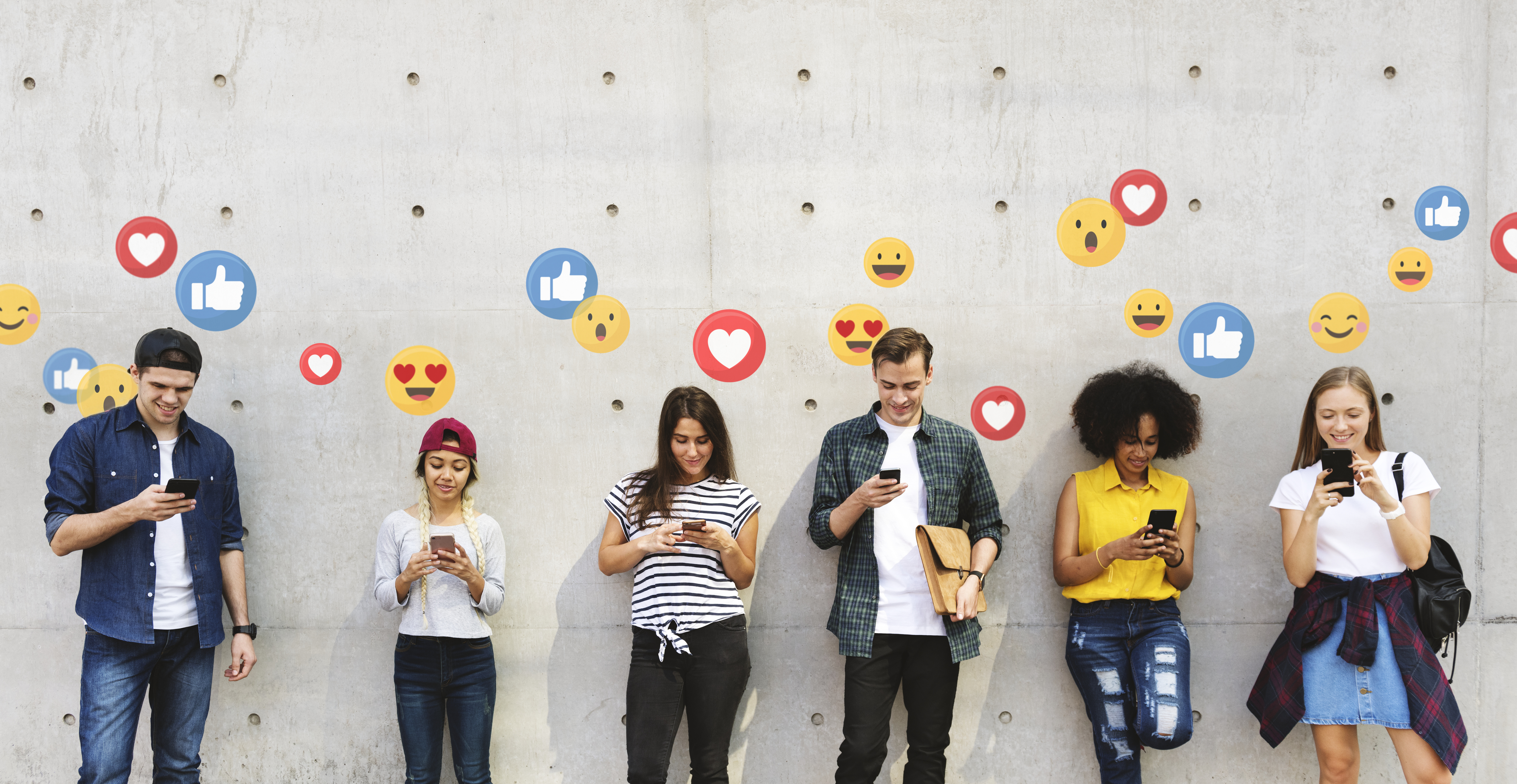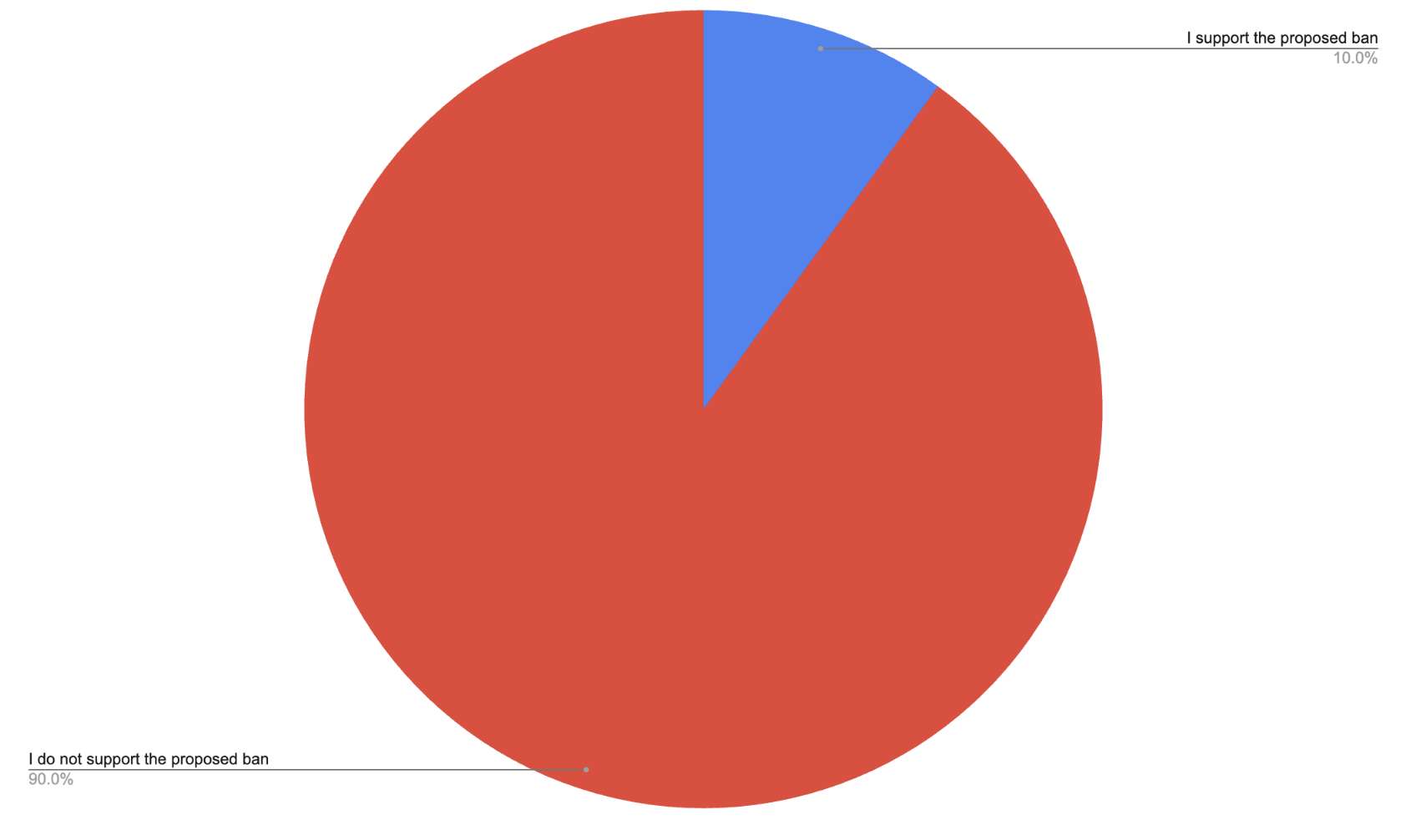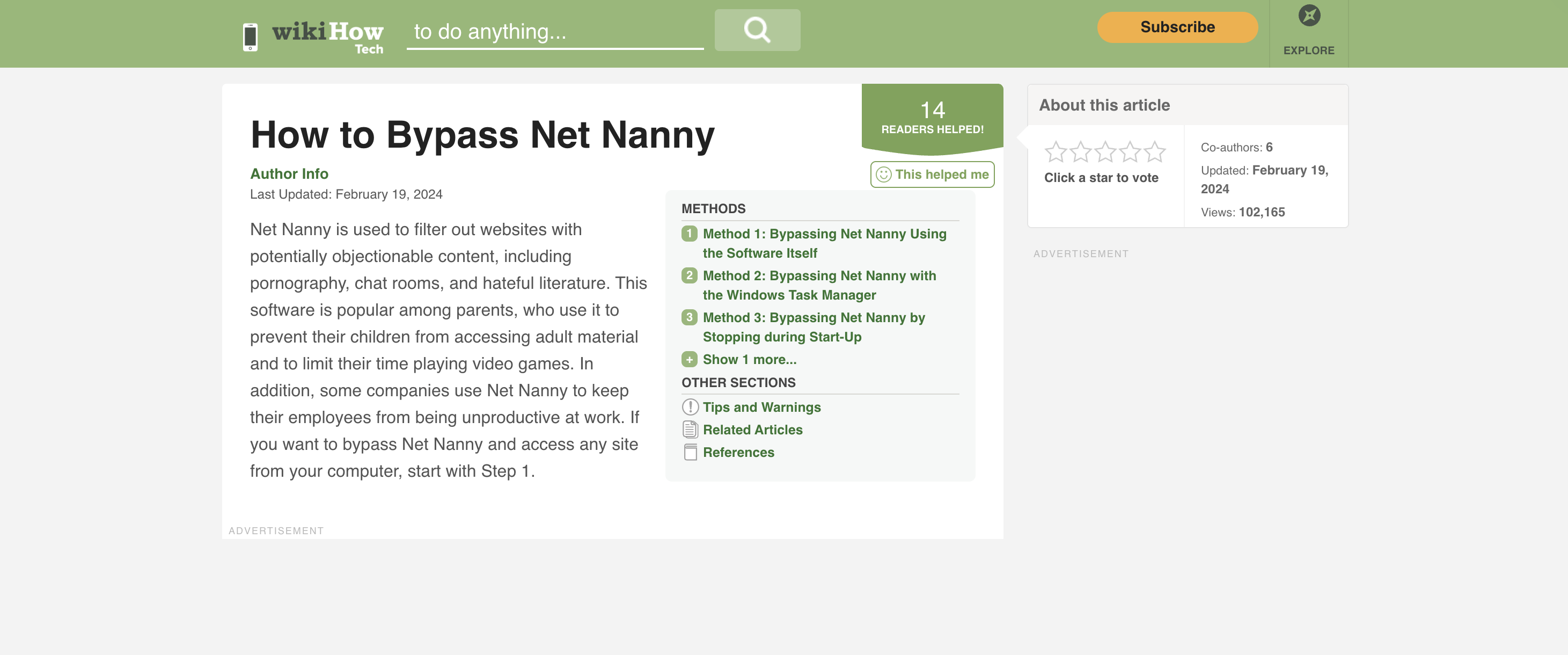On May 11, 2025, Prime Minister Christopher Luxon announced that his coalition government was investigating implementing a social media ban. A Members' bill was released 5 days earlier, with the stated aim of “protecting under 16s from social media harm”. Citing the need to “manage the risks” of social media, the bill has garnered a great deal of media attention, both positive and negative.

People using social media on their phones
On the surface, one has to agree with the National Party's logic - social media can and does cause terrible harm to teenagers. HelpGuide lists a wide variety of negative health impacts that can be directly attributed to social media, including Fear Of Missing Out (FOMO), social isolation, depression, anxiety, self-absorption and cyberbullying. With the health of teenagers under serious threat, it's only fair that the government wants to prevent serious harm to teenagers by preventing under-sixteens from using social media
But is this the full story?
Stuff.co.nz's Damien Grant has stated that “the bill will prove popular. Foolish ideas often are”. The youth counselling organisation, Youthline has taken a similar stance, stating that they have “genuine concerns” that a social media ban could stop young people from “accessing essential mental health support”.
Another article, published by the American National Library of Medicine, has found that social media bans and severe restrictions “offer little improvement in addressing these unique challenges”. The NLM have found that social media bans “often fail to achieve their intended purpose”.
So the coalition government is faced with some very strong arguments to the contrary of the implementation of a social media ban, but let's not forget that the publishers of these articles are not children. They're not affected by the social media ban, so they don't truly know what they're talking about. To fill this hole, I surveyed 50 WHS students, asking them whether or not they condone the proposed social media ban. Out of the 50 students I surveyed, 90% (45 students) strongly oppose the proposed social media ban. Virtually all students surveyed believe that any attempt to prevent under-16s from accessing social media will fail to work.

A pie chart showing the results of a survey on the proposed social media ban. 90% of respondents oppose the ban, while 10% support it.
But I hear you arguing. Statistics are mere numbers and do not accurately reflect the population's true attitude towards banning social media. Perhaps you even altered the results of the survey. And when faced by the government's apparent attitude to evidence-based policy, it's clear that statistics hold virtually no weight. Instead, let's talk about the ban on a personal level. I use social media platforms including Discord, YouTube and WhatsApp (if WhatsApp can be considered a social media network). I don't use “typical” social media networks like Facebook, Instagram, X, TikTok, Snapchat and Reddit, but some of my friends do. Many of their parents have also tried to stop them from accessing social media through “house rules” and the aid of parental monitoring platforms, to little effect. Let's face it. If teenagers want to access social media, we will invariably find a way to do so. There are free-to-download plugins that mitigate parental monitoring programs, and they work. Likewise, the Reddit community r/teenagers has many threads dedicated to finding backdoors and workarounds for parental monitoring platforms. If parents can't stop determined teens from accessing social media, what hope does the government have?

A screenshot of a Wikihow article on how to bypass popular parental monitoring program NetNanny.
The coalition government is faced with some strong arguments against implementing legislation to prevent under-16s from using social media. Faced with such overwhelmingly strong arguments, one can only hope that our government does the right thing and stops the bill from continuing. It's time for the public to face up and recognise the government's lies for what they are. It's time to realise that a blanket ban will not work. It's time to do not what's politically acceptable but to do what's right.